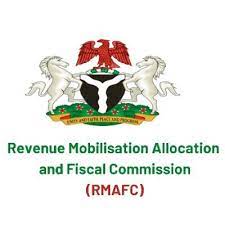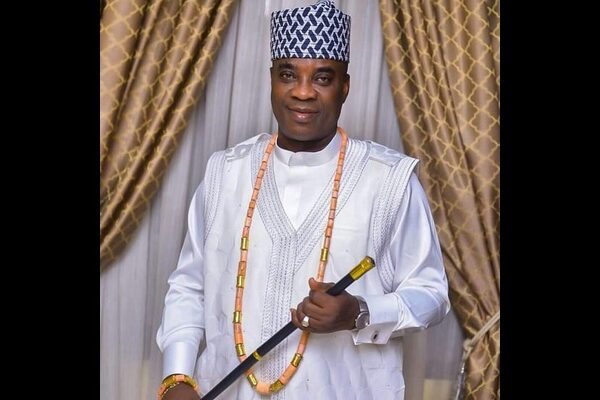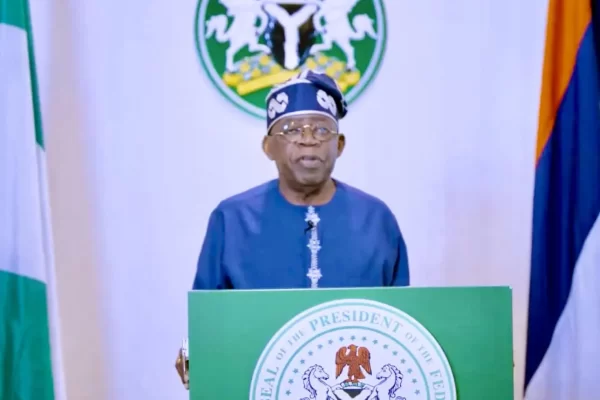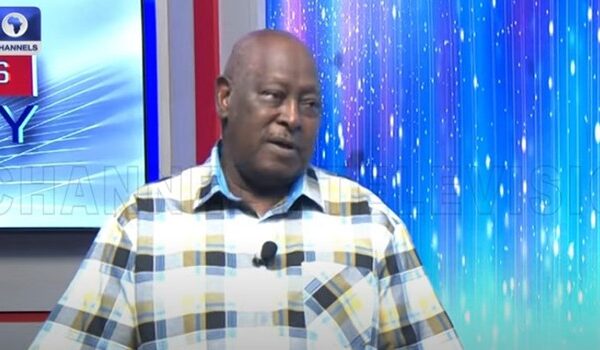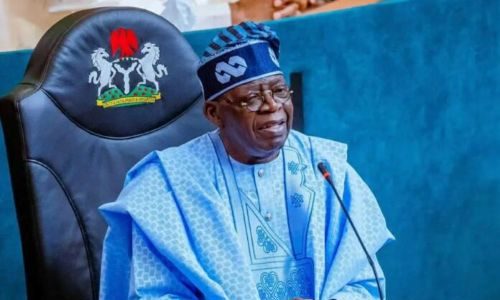
Economic Growth vs Public Welfare: Is Nigeria’s Rising GDP Helping the People?
Nigeria’s economy recorded a significant boost in the first quarter of 2025, with the National Bureau of Statistics (NBS) reporting a 3.13% year-on-year growth in real terms. This marks a substantial improvement from the 2.27% growth rate seen in Q1 2024, driven largely by strong performances in services, trade, telecommunications, and industrial activities. The rebasing of the GDP to ₦205 trillion using 2019 as the new base year further underscores the expansion of the country’s economic structure. While the figures suggest progress, many Nigerians are questioning if this economic growth is improving their day-to-day lives. The rising cost of living, soaring food prices, and persistent unemployment have made it difficult for citizens to feel the impact of these positive numbers. For many, the increase in GDP is a statistical achievement that does not reflect the harsh realities they face daily. Critics argue that economic growth without corresponding improvements in infrastructure, education, and healthcare is insufficient. Despite Nigeria’s wealth in natural and human resources, poverty remains widespread, with millions struggling to meet basic needs. “GDP growth is encouraging, but when people are still battling with high inflation and poor social services, it’s clear that the benefits of growth are not evenly distributed,” says economist Dr. Tunde Adeyemi. The rebased GDP data shows Nigeria’s economy is more diversified than previously recorded, with sectors like real estate, telecommunications, and trade becoming major contributors. Crop production alone accounts for 17.58% of the GDP, while services dominate with over 53%. Yet, this structural transformation has not translated into sufficient job creation or a better standard of living for most Nigerians. Another concern raised by analysts is the growing disparity between the formal and informal sectors of the economy. The informal sector now contributes 42.5% of GDP, reflecting the reality that a large portion of economic activity remains unregulated and untaxed. This has implications for government revenue, which is needed to fund essential services and social welfare programs. With the 2027 elections approaching, the conversation around Nigeria’s economic growth is becoming increasingly political. Opposition figures argue that while the government celebrates rising GDP numbers, it has failed to deliver policies that directly improve the lives of ordinary Nigerians. Issues such as youth unemployment, fuel subsidy challenges, and power shortages continue to dominate public discourse. The government, on its part, insists that ongoing reforms in agriculture, technology, and infrastructure will soon yield tangible results for the population. Officials maintain that growth in the services and trade sectors will lead to better job opportunities and higher productivity in the long term. As debates continue, Nigerians are left to wonder whether the country’s rising GDP will eventually trickle down to benefit the masses. For now, the question remains: Is the government working for the people, or are these numbers simply painting a picture of progress without impact?



